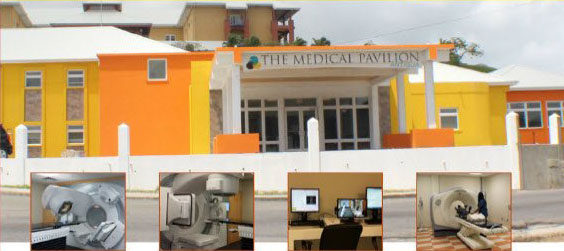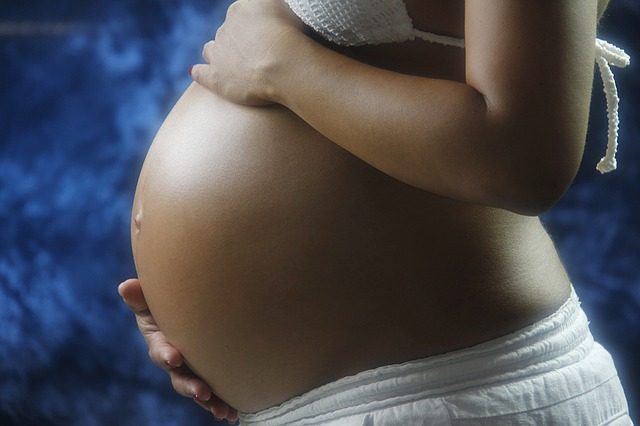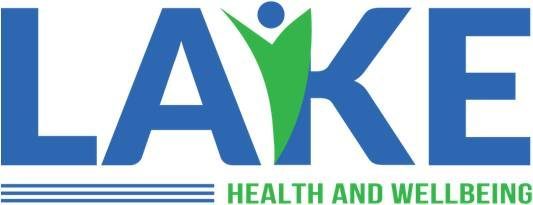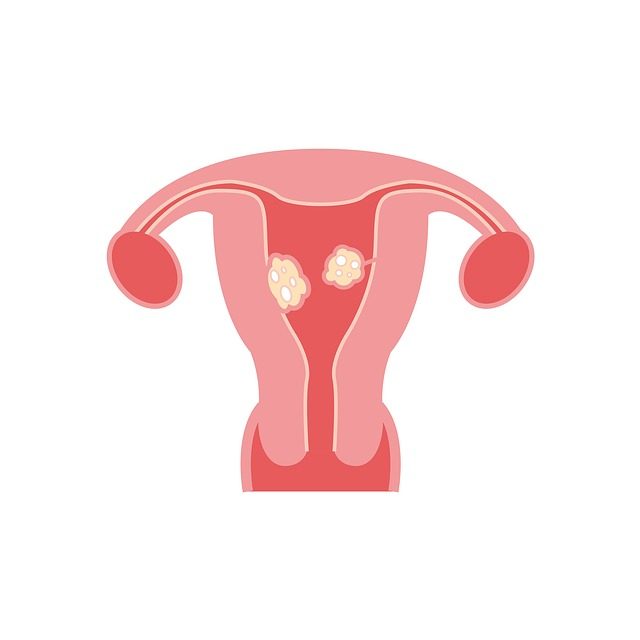Inspirational People in Healthcare: Drs Busayo and Tunrayo Mobolaji-Lawal
Welcome to our first ‘Inspirational People in Healthcare’ piece of 2018.
Today we are delighted to feature Dr Busayo Mobolaji-Lawal and Dr Tunrayo Mobolaji-Lawal, sisters who are still early in their medical careers but making a huge difference to their patients and community.
Dr Busayo Araoye (Nee Mobolaji-Lawal)
Dr Busayo Araoye obtained a BSc in Biological Science from the University of Ghana, studied medicine at the University of Ghana School of Medicine and Dentistry and is currently an Internal Medicine Resident at St Vincent’s Medical Centre in Connecticut.
While studying Busayo gained valuable experience as an Internal Medicine Exchange Student at Hospital Clinico Universitario Lozano Blesa in Spain and as a post-graduate intern in Internal Medicine at the St Nicholas Hospital in Nigeria.
Her desire to become an Internal Medicine doctor who serves not just her patients but her community as a whole was shaped during her clerkship. Of that experience she says:
“I encountered the most medically and socially complex patients. I gained exposure to patients from diverse cultural and financial backgrounds which helped me develop a sense of compassion, empathy and humility. It also broadened my perspective of health care accessibility and it awoke in me the urge to advocate for my patients and my community.”
She also has research experience having been an integral part of teams exploring: the quality of life of caregivers at the Korle-Bu Teaching Hospital in Ghana; the different types of cervical cancer diagnosed at the University College Hospital in Ibadan, Nigeria; stroke and cocaine use; and antibiotic resistance.
Her case presentation on antibiotic resistance was recognised at the American College of Physician’s regional conference in 2017 where she was a semi-finalist in their abstract presentation competition in Connecticut.
Through a range of voluntary work Dr Araoye has counselled communities on healthy lifestyle practices, engaged in free health screening and played an instrumental role during a cholera outbreak in Ghana. She was also an Electoral Member of the University of Ghana International Medical Students’ Association and a mentor to many being an inspirational and effective role model to young students with an interest in medicine.
We applaud Dr Araoye for the difference she has already made and look forward to seeing her continued success and future achievements as she progresses in her career.
Dr Tunrayo Mobolaji-Lawal
 Dr Tunrayo Mobolaji-Lawal graduated Summa Cum Laude (with highest distinction) from the State University of New York at Stony Brook with a BSc. in Biochemistry in 2011. She then studied medicine at the Cleveland Clinic Lerner College of Medicine graduating in May 2017 and is currently an Emergency Medicine Resident at Yale New Haven Health.
Dr Tunrayo Mobolaji-Lawal graduated Summa Cum Laude (with highest distinction) from the State University of New York at Stony Brook with a BSc. in Biochemistry in 2011. She then studied medicine at the Cleveland Clinic Lerner College of Medicine graduating in May 2017 and is currently an Emergency Medicine Resident at Yale New Haven Health.
In preparation for pursuing a career in Emergency Medicine Dr Mobolaji-Lawal held a number of shadowing and voluntary positions. As a sophomore in college she gained experience in the Emergency Department of Stony Brook University Medical Centre. This experience shaped her view of medicine and the type of doctor that she wanted to be, one who puts her patient’s first. Her third year clerkship was at the Cleveland Clinic Emergency Department, of that she said:
“Every hour brought in something new to the ED. The diversity of clinical encounters – unique patients with varying disease processes, range of illness severity and assortment of procedures – further attracted me to Emergency Medicine.”
Whilst performing chest compressions on a seriously ill patient as an Acting Intern at The Metro Health System Emergency Department she realised that she was exactly where she wanted to be (involved in patient care and making a difference)and this solidified her passion for Emergency Medicine.
Dr Mobolaji-Lawal is also passionate about addressing health inequalities and ensuring that medically under-served communities are able to access healthcare services. To that end, through her voluntary work she has provided healthcare and screening services to deprived communities.
Throughout her academic life she excelled being awarded the SUNY’s Chancellor’s Award for Student Excellence, which recognises the integration of academic excellence with accomplishments in the areas of leadership, athletics, community service, creative and performing arts, campus involvement or career achievement. She was also awarded the Provost’s Award for Academic Excellence, an award given annually to a very select number of students who have shown true academic excellence, not just in the classroom but in research, creative activities or in building an academic community. Additionally she was awarded the Andrea Roher Scholarship which is awarded to an undergraduate student dedicated to the field of Health and Wellness. Finally Dr Mobolaji-Lawal was the recipient of the Bernadine P. Healy and Floyd D. Loops Scholarship and the Cleveland Clinic Lerner College of Medicine Full Tuition Scholarship.
Additionally, Dr Mobolaji-Lawal was the president of the Minority Health Interest Group at the Cleveland Clinic Lerner College, held a number of positions representing her Medical School and was involved in teaching and tutoring students.
We look forward to seeing Dr Mobolaji-Lawal excel as an Emergency Doctor and wish her every success with her career.





















